Working Group Meeting on the 2024–2026 Employment Strategy Action Plan held in Belgrade
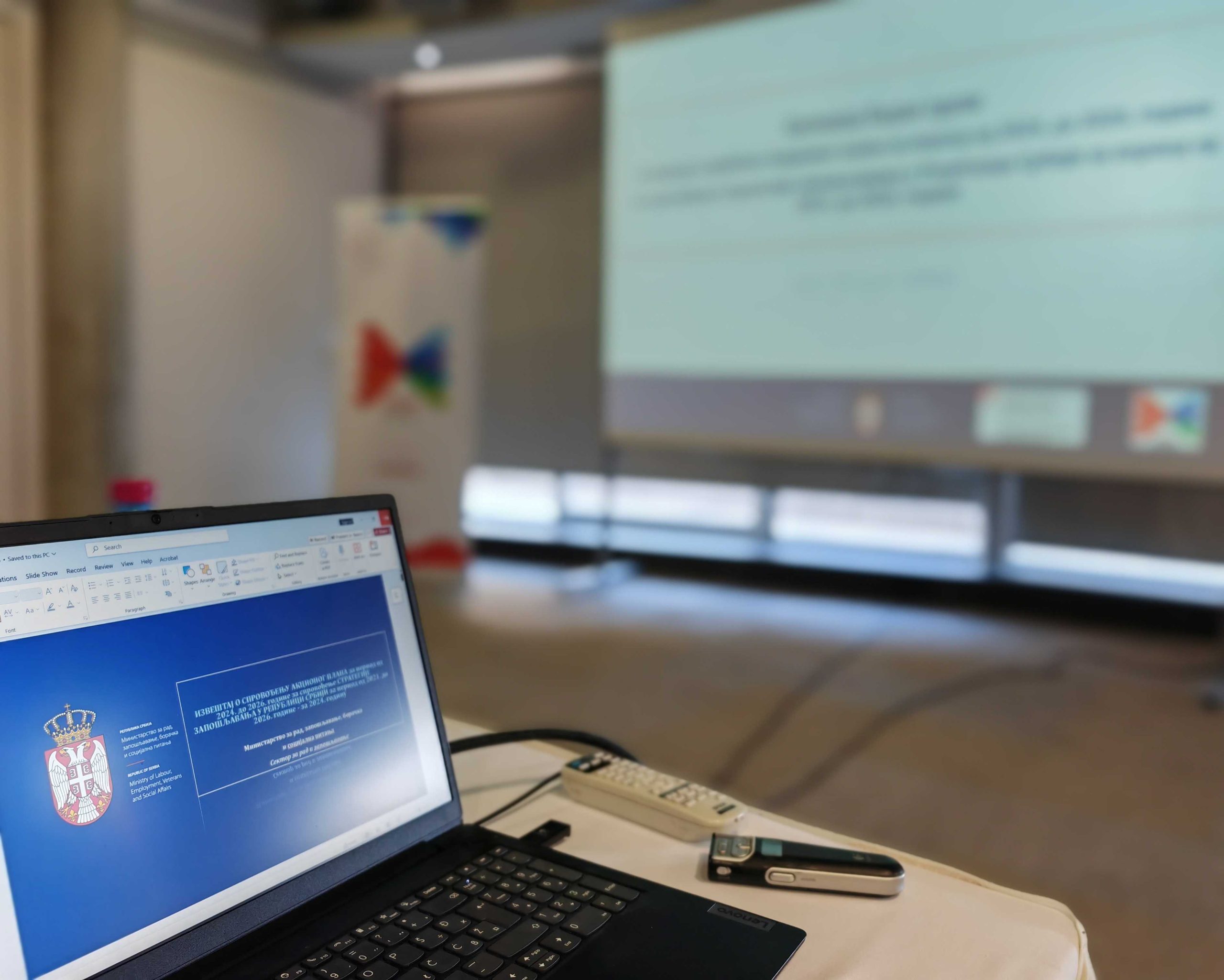
Belgrade, 11th April 2025: Today, a meeting of the Working Group for the development and monitoring of the Action Plan for the period 2024–2026 for the implementation of the Employment Strategy of the Republic of Serbia (2021–2026) was held at the Zira Hotel. The meeting was jointly organized by the Ministry of Labour, Employment, Veteran and Social Affairs (MoLEVSA) and the “Education to Employment – E2E” project.
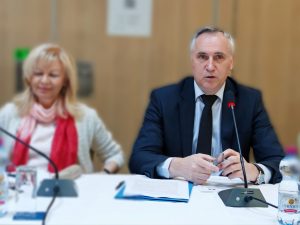
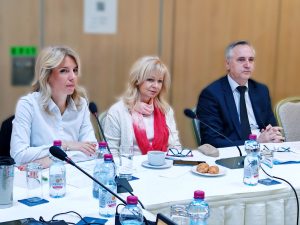
In the opening session, Zoran Martinović, Acting Assistant Minister for Labour and Employment, addressed the participants and presented key reform processes in this field—primarily the legislative reforms initiated to align with European Union directives within Serbia’s EU accession process, as well as to modernize an outdated legal framework that no longer adequately reflects labor market realities. The drafting of a new Labour Law is being supported under a Twinning project. In parallel, work is being carried out on other labor-related legislation, including the Law on Work-Based Learning and the harmonization of laws governing seasonal and agency employment.
In the field of employment, and with support from the E2E project, the process of revising/drafting a new Law on Employment and Unemployment Insurance has been initiated, along with the development of a new Law on the National Standard Classification of Occupations—an entirely new piece of legislation in Serbia’s employment policy framework. These legislative reforms are expected to be finalized over the next two years.
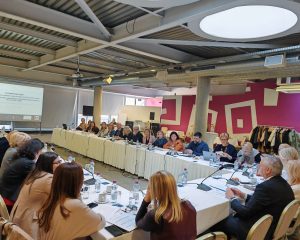
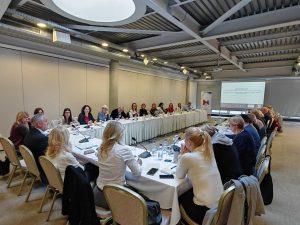
During the working part of the meeting, participants reviewed and discussed the Draft Report on the implementation of the 2024–2026 Action Plan (for the year 2024), along with the results and experiences from the pilot phase of the Youth Guarantee programme conducted in 2024. Siniša Knežević, Deputy Director of the National Employment Service (NES) – Belgrade Branch, together with his colleagues, presented new operational models being piloted in this branch. These models aim to improve employer engagement, reach and activate service users, and provide intensive support to jobseekers facing higher barriers to employment.
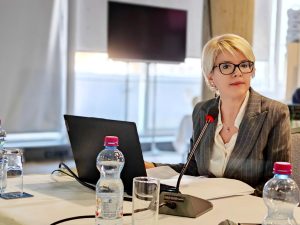
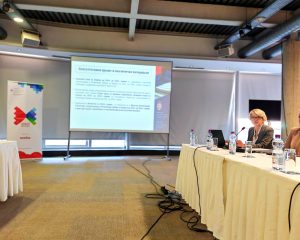
Representatives of the Serbian Employers’ Union and the Serbian Chamber of Commerce outlined key challenges currently faced by employers in Serbia’s labor market. These include a shortage of labor, particularly skilled workers, high labor costs from the employer’s perspective, and high employee turnover—especially within micro, small, and medium-sized enterprises. For employers with the capacity to provide in-house training, an additional challenge is the complex process of obtaining JPOA status (Publicly Recognized Organizer of Adult Education).
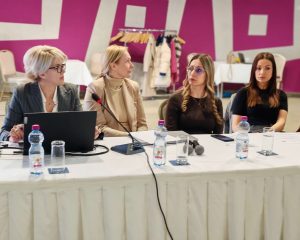
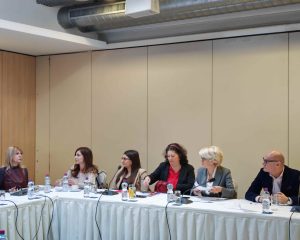
At the conclusion of the meeting, Dragica Ivanović, Head of the Department for Active Employment Policy at MoLEVSA, summarized the comments, suggestions, and proposals shared by participants. She emphasized specific areas of the Action Plan requiring further effort and announced the launch of work on a new strategic employment policy framework for the period 2027–2032.
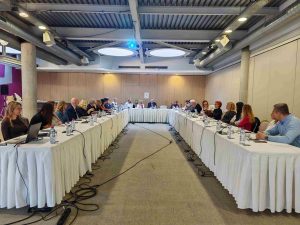
Apart from the representatives of MoLEVSA, NES and E2E, the meeting was attended by representatives of the Ministry of Finance, Ministry of Tourism and Youth, Ministry of Economy, Ministry for Human and Minority Rights and Social Dialogue, Ministry of European Integration, Ministry of Public Administration and Local Self–Government, Public Policy Secretariat, Statistical Office of the RS, Serbian Association of Employers, Chamber of Commerce and Industry of Serbia, Development Agency of Serbia, Agency for Qualifications, Office for Dual Education and NQFS, National Youth Council of Serbia, Union of Independent Trade Unions of Serbia, Standing Conference of Towns and Municipalities, Centre for Youth Work from Novi Sad, German Development Cooperation – GIZ, and project for pre-accession assistance IPA 2020 TA.
